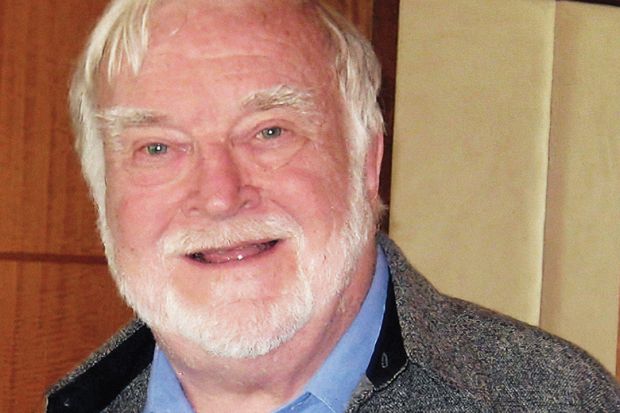A pioneer of positive psychology has died.
Mihaly Csikszentmihalyi was born in what was then Fiume, Italy (now Rijeka in Croatia), where his father worked in the Hungarian consulate, in 1934. His experiences during the Second World War, when he saw people who had lost everything nonetheless seeming to find a kind of contentment, made him curious about the nature of happiness and what made life worth living. Although he searched for insights in art, philosophy and religion, a turning point came when he was travelling in Switzerland and happened to attend a lecture by Carl Jung, who explained how sightings of UFOs were a coping mechanism for the many Europeans who had been traumatised by the war.
It was this that led Professor Csikszentmihalyi to take up psychology. After spending time helping his father run a restaurant in Rome, therefore, he moved to the US in 1956 for a first degree (1959) and then a PhD on artistic creativity (1965) at the University of Chicago. He taught briefly at Lake Forest College, also in Illinois, before returning to Chicago as a professor. He would go on to serve as the head of the university’s department of psychology.
In trying to understand optimal experiences, Professor Csikszentmihalyi developed a fascination with artists who became so engrossed in their work that they almost forgot to eat, drink or sleep. Some described the experience as like being carried along on a current.
From this central insight, Professor Csikszentmihalyi developed his highly influential concept of a “flow state”, as described in his international best-seller Flow: The Psychology of Optimal Experience (1990). He would go on to develop his thinking in books such as The Evolving Self (1993), Creativity: Flow and the Psychology of Discovery and Invention (1996) and Good Business: Leadership, Flow, and the Making of Meaning (2003). His TED talk, “Flow: the Secret to Happiness”, is said to have received more than 6.7 million views.
In 1999, after retiring from Chicago, Professor Csikszentmihalyi took up the position of distinguished professor of psychology and management at Claremont Graduate University in California. He also joined forces with associate professor Jeanne Nakamura to set up and run the Quality of Life Research Center there.
Although “the topics are varied”, said Dr Nakamura, all Professor Csikszentmihalyi’s work was notable for “express[ing] a single perspective on human functioning that was shaped by an unusual life and influences beyond psychological science – history, philosophy, and the arts”.
He died on 20 October and is survived by his wife Isabella, who edited some of his books, two sons – both professors – and six grandchildren.




